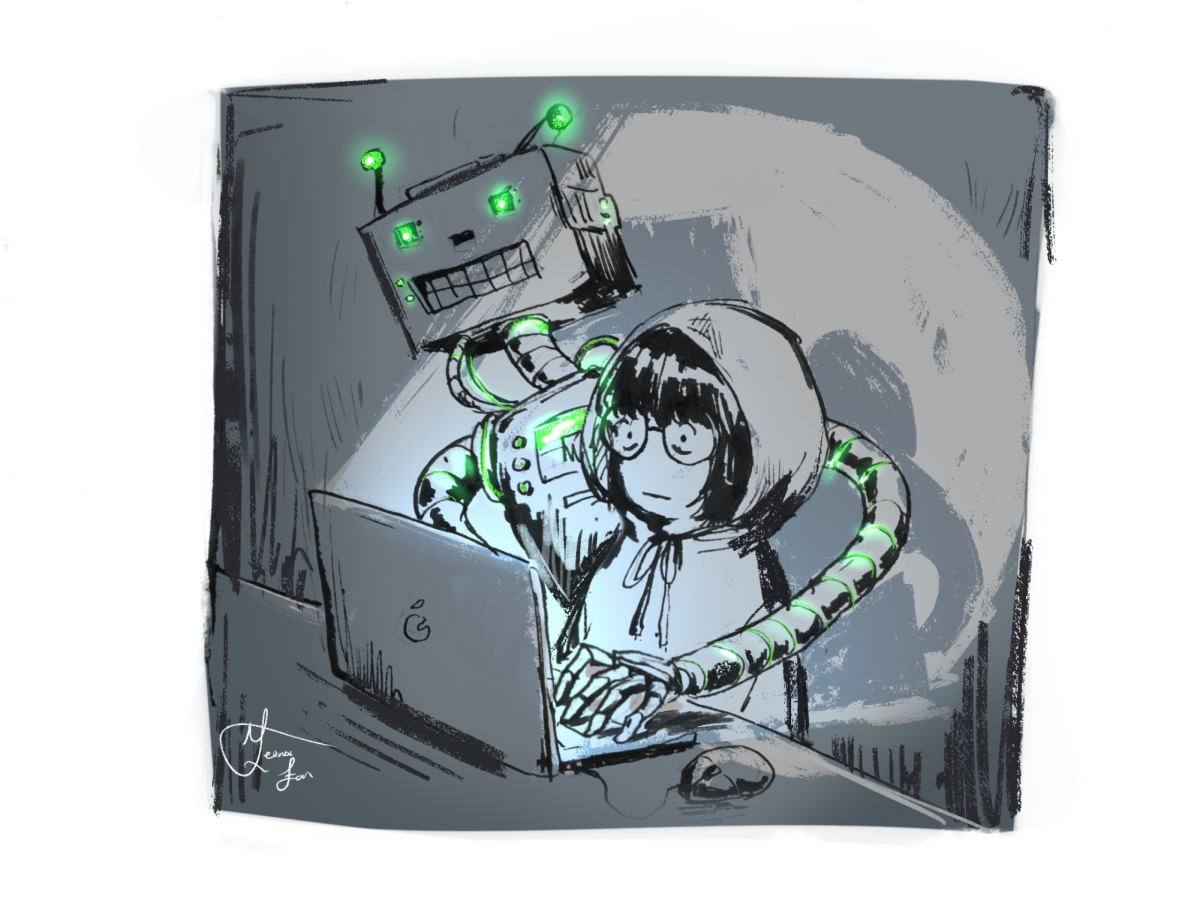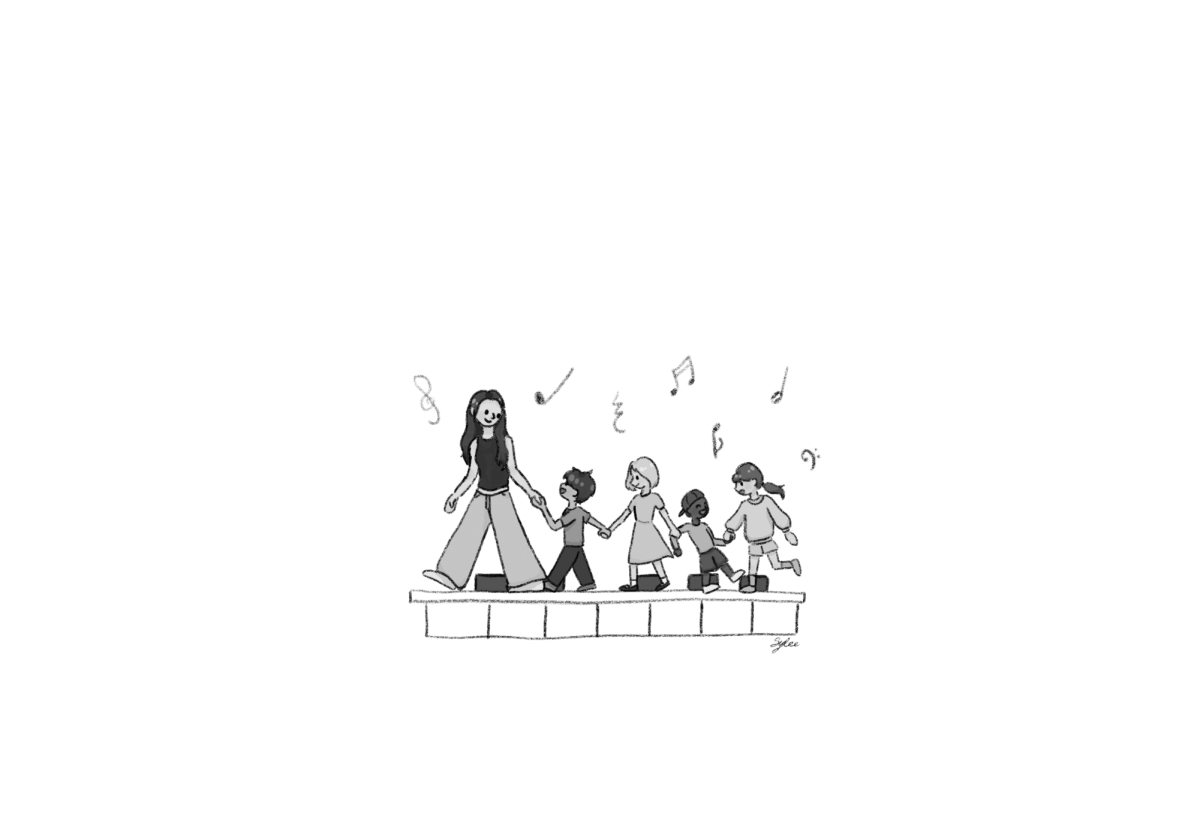Over a lifetime, we hone our abilities to read, write, listen, and think critically. These life skills have the capability to unveil the mysteries of the world and offer numerous opportunities to grow.
However, recent studies have shown that a reliance on AI in a school setting restricts the development of these critical-thinking abilities.
A study by Dr. Ahmed, assistant professor in engineering management collected survey data from 285 students and found that 68.9% of laziness and 27.7% of the loss of decision-making skills were the result of artificial intelligence use. A sampling technique was used that gathered survey data from students who either used or didn’t use AI. Most students used AI for collecting and analyzing data, answering questions, and task automation. The results were found to be convergently valid and reliable, with multiple pieces of evidence supporting the fact that using AI negatively affects the development of critical thinking skills.
The more that students use machines to do the thinking for them, the more dependent on these machines they will become, disturbing key cognitive processes. Using AI to take the shortcut to an answer instead of figuring it out on your own lowers your cognitive reserve, or connections between healthy brain cells. The cognitive reserve hypothesis reflects how agile your brain is in solving problems and coping with challenges.
Establishing and maintaining the connection between your brain cells requires the regular use of brain stimulating activities. This can be done by learning new information and processing information on a deeper level or by doing anything intellectually challenging. Relying on AI effectively skips the challenge and gives someone an answer without needing to think through the question or problem.
Instead of conducting thorough research on a topic and compiling information from multiple credible sources to complete an assignment, ChatGPT allows students to plug in a prompt and immediately get a simple, organized, easily understandable answer.
When we depend on getting these quick and easy answers with a click of a button, our brain cells fail to form new connections, and many are lost. As a result, they don’t develop the critical thinking abilities that are instrumental to their futures.




